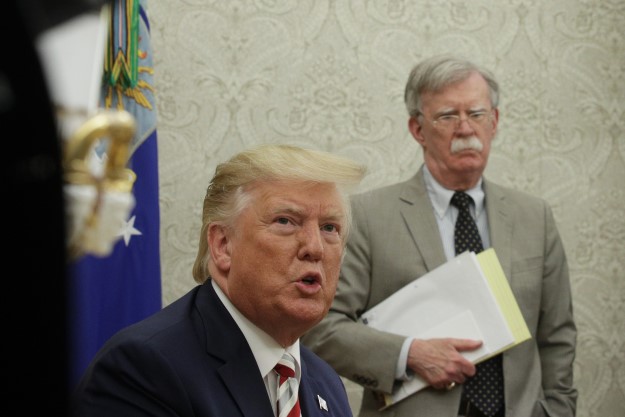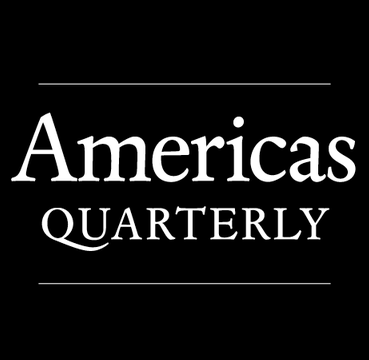BY OLIVER STUENKEL | AUGUST 22, 2019
The humanitarian toll of U.S. sanctions is mounting, and Guaidó’s association with Trump has become his greatest liability.
https://www.americasquarterly.org/content/four-signs-trumps-venezuela-strategy-backfiring
CARACAS – Since January, the U.S. government has taken an aggressive strategy toward Venezuela – one driven by allusions to military intervention, an oil embargo and the decision to take the lead in formally recognizing National Assembly president Juan Guaidó as president, despite Nicolás Maduro’s control of the armed forces. New measures announced this month are even tougher: they include a freeze on all Venezuelan government assets in the U.S. and sanctions against U.S. individuals and entities that do business with the Maduro regime.
Yet the overall cost of President Donald Trump’s approach is proving to be far greater than initial calculations, with the U.S.’ strategy inflicting long-lasting damage to its reputation across Latin America. There are four reasons for this.
First, Trump’s unwillingness to rule out the use of military force in Venezuela – and U.S. policymakers’ frequent references to the Monroe Doctrine (the principle that guided the U.S.’ traumatic history of interventions in Latin America) – predictably stoked fear and was rejected by Latin American governments across the ideological spectrum, even by Colombia and Brazil, two U.S. stalwarts.
Remarkably, on that particular topic, Washington’s belligerent rhetoric forced even pro-Trump leaders like Brazil’s President Jair Bolsonaro to reluctantly side with Maduro in May, making clear that Brazil would not join U.S. military action in Venezuela. The big winner is China, which can successfully project itself as the antithesis to the United States – a safe and predictable partner to Latin American nations that talks investment and trade.
Second, Trump’s decision to wholeheartedly embrace Guaidó generated a sense of inevitability within the international community. Expecting the U.S. to do whatever it took to quickly oust Maduro, most governments in both Europe and Latin America followed Trump’s lead. Realizing that Trump overpromised, foreign ministries in several European capitals around the world are now in the awkward process of normalizing ties with the Maduro government again, a step many Latin American governments have resisted so far but will have to make at some point if Maduro stays on. For example, Germany’s ambassador, a former persona non grata, is now back in Caracas. The Spanish ambassador is in the unique situation of being in Venezuela despite still being officially considered a persona non grata by the Maduro government – which, in theory, leaves him without the rights of a foreign diplomat.
Even among Venezuelan opposition politicians, there is a growing perception that Trump sought to oust Maduro on the cheap – without developing a Plan B or a long-term strategy for post-Maduro reconstruction. The new sanctions could further stoke disillusion toward the U.S. among some Venezuelans.
During a recent visit to Caracas, several observers with ties to the opposition told me they thought the sanctions may be a largely electoral move to placate voters in Florida frustrated with Maduro’s continued hold on power.
“But we are paying the price,” a human rights activist opposed to Maduro told me. Indeed, more than one person working for leading opposition figures privately said they feared sanctions against..
Read full article here.










